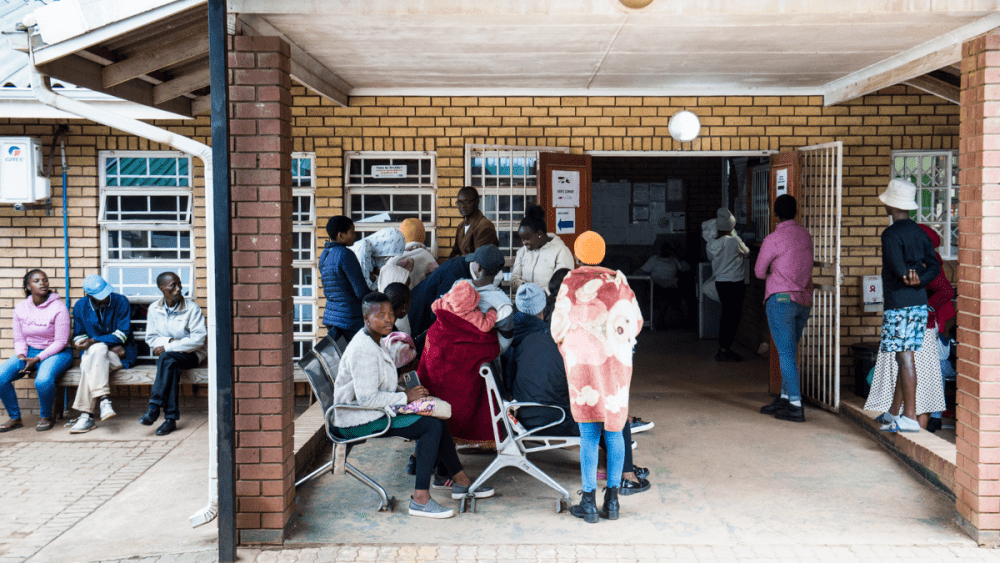I t was only as she tried to run away to save herself that a former colleague of Sisipho Grootboom* discovered she was stuck. Her patient’s family, who’d rushed him in, intoxicated and with a knife wound, had locked the main entrance, fearing that the attackers would try to get to him again. But in doing so, they’d cut her off from the only other person on site — and the person who could help her most, the security guard.
It was 2022, and Grootboom, a professional nurse, worked at Ngcobo Community Health Centre in Masonwabe township , about 80km from Mthatha in the rural Eastern Cape. Her nursing colleague hid in a side room and, somehow, the security guard, who’d heard the commotion, managed to find his way into the building and battle the aggressive patient down. In 20 years of being a nurse, Grootboom says, she’s never experienced something like what happened to her colleague that night at her workplace.

She’s become used to dealing with unequipped and understaffed health facilities — and how to find ways around it to still serve her patients. But fearing for their lives has never been part of her worries like it is in Ngcobo. Many years, no change For the past 30 years — ever since the first democratic elections in South Africa — the ANC has been in charge of the Eastern Cape’s affairs.
Yet, again, in this year’s elections, close to two-thirds of the Eastern Cape’s people voted for the ANC. In June, the new Eastern Cape’s new Health MEC, Ntando.























